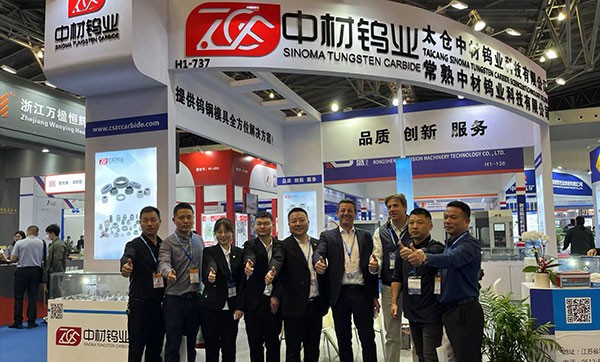In the ongoing debate between sustainability and product quality, a recurring argument revolves around the use of virgin materials versus recycled materials. Virgin materials are raw resources extracted directly from the earth, such as newly mined metals, freshly cut timber, or crude oil-derived plastics. In contrast, recycled materials are derived from reprocessing used products or waste. While the environmental benefits of recycling are well-documented, there are several reasons why products made from virgin materials are often perceived as superior in terms of quality, consistency, and performance.
One of the primary advantages of virgin materials is their purity. Since they have not been previously used, virgin materials do not contain the impurities that can accumulate in recycled materials over multiple cycles of use and reprocessing. These impurities can affect the consistency and performance of the final product. For example, virgin plastics have uniform molecular structures, which provide better mechanical properties and durability compared to recycled plastics, which may have varied compositions due to the mixing of different types of plastic during the recycling process.
Products made from virgin materials often exhibit greater structural integrity and strength. This is particularly important in industries such as construction, aerospace, and automotive manufacturing, where material performance is critical. For instance, virgin metals like aluminum or steel possess uniform grain structures that result in higher tensile strength and reliability. Recycled metals, on the other hand, can have inconsistent grain structures and may include residues from previous applications, potentially compromising their strength and suitability for high-stress applications.
Aesthetics and functionality are crucial factors in consumer products, ranging from electronics to packaging. Virgin materials generally offer superior aesthetic qualities. Virgin paper, for example, is whiter and smoother than recycled paper, making it more desirable for high-quality printing and packaging. Similarly, virgin plastics and fabrics often have a more appealing appearance and texture compared to their recycled counterparts, which can sometimes display imperfections, discolorations, or a rougher feel.
Manufacturers prefer virgin materials because they provide predictable performance, which is essential for maintaining consistent product quality. Virgin materials have known properties and behaviors, making them easier to process and work with. This predictability reduces the risk of defects and failures, ensuring that the final product meets stringent quality standards. In contrast, recycled materials can vary significantly in their properties due to differences in their source materials and recycling processes, making it more challenging to achieve the same level of consistency and reliability.
Certain industries are subject to strict regulatory and safety standards that mandate the use of virgin materials. For instance, in the pharmaceutical and food packaging industries, the use of virgin materials is often required to prevent contamination and ensure the safety and purity of the products. Recycled materials might carry residues from previous uses that could pose health risks or fail to meet the stringent cleanliness standards required in these applications.
Products made from virgin materials often have longer lifespans and better durability. For example, virgin rubber tires tend to last longer and perform better under various conditions compared to tires made from recycled rubber. The same principle applies to many other products, from clothing to industrial components, where the superior material properties of virgin resources contribute to enhanced durability and longevity.
While the environmental benefits of recycling are undeniable, the preference for products made from virgin materials is driven by considerations of quality, consistency, and performance. Virgin materials offer unmatched purity, structural integrity, aesthetic appeal, predictable performance, and compliance with regulatory standards. These factors are particularly important in industries where safety, reliability, and long-term durability are paramount. However, it is essential to continue advancing recycling technologies and processes to narrow the quality gap between recycled and virgin materials, ultimately promoting a more sustainable future without compromising on product excellence.




